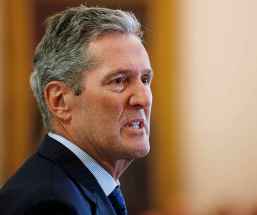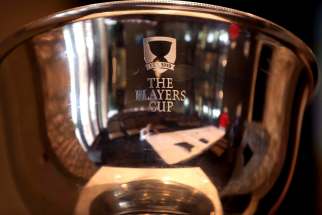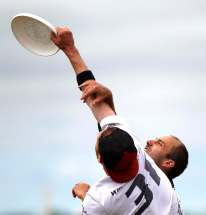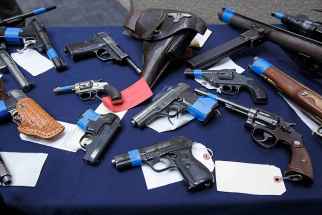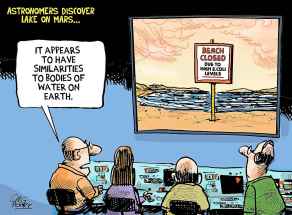Ultimate test of sportsmanship There are no refs and players resolve disputes post-game in 'spirit circles'
Read this article for free:
or
Already have an account? Log in here »
To continue reading, please subscribe:
Monthly Digital Subscription
$0 for the first 4 weeks*
- Enjoy unlimited reading on winnipegfreepress.com
- Read the E-Edition, our digital replica newspaper
- Access News Break, our award-winning app
- Play interactive puzzles
*No charge for 4 weeks then price increases to the regular rate of $19.00 plus GST every four weeks. Offer available to new and qualified returning subscribers only. Cancel any time.
Monthly Digital Subscription
$4.75/week*
- Enjoy unlimited reading on winnipegfreepress.com
- Read the E-Edition, our digital replica newspaper
- Access News Break, our award-winning app
- Play interactive puzzles
*Billed as $19 plus GST every four weeks. Cancel any time.
To continue reading, please subscribe:
Add Free Press access to your Brandon Sun subscription for only an additional
$1 for the first 4 weeks*
*Your next subscription payment will increase by $1.00 and you will be charged $16.99 plus GST for four weeks. After four weeks, your payment will increase to $23.99 plus GST every four weeks.
Read unlimited articles for free today:
or
Already have an account? Log in here »
Hey there, time traveller!
This article was published 01/08/2018 (2692 days ago), so information in it may no longer be current.
At the World Masters Ultimate Club Championships being played this week at Little Mountain Sportsplex, the idea of respecting your opponent and promoting the integrity of the sport is not given lip service. Participants talk about respecting the spirit of the game and they mean it.
World Masters Ultimate Club Championships
League: World Flying Disc Federation
Where: Little Mountain Sportsplex
When: July 29 to Aug. 4
Divisions: women (30-and-over), men (33-and-over), mixed, grand master men
Who’s represented: Thirteen countries, 3,500 athletes
Finals (all played at Investors Group Field): men, 9:30 a.m.; women: noon; and mixed, 2:30 p.m.
Following a round-robin men’s division game between Winnipeg’s Torque and Quantum of Quebec City, both teams convened for separate “spirit circles,” as they are called.
These group sessions involved a discussion of the game and improvements that might be made for the upcoming match. Next, players from both teams locked arms for another spirit circle — a place where quality of play, any lingering disagreements over matters such as rough play or interpretations of the rules could be handled.
Spirit circles are part of all World Flying Disc Federation-sanctioned events.
“This has always been part of the tradition, to circle up with the other team at the end of the game and exchange a few comments about what the other team did well and to hash out any differences,” said Yacine Bara, a 35-year-old member of the Torque team who works in the operations division of Skip The Dishes.
“The idea being that both teams can move forward and can learn from any challenges that presented themselves during the game. Honestly, I think it would be cool to see it catch on in North America.”
“This has always been part of the tradition, to circle up with the other team at the end of the game and exchange a few comments about what the other team did well and to hash out any differences.”–Yacine Bara,
Quantum competitor Antoine Turgeon says the benefits of fair play approach are obvious.
“It’s amazing,” said the 40-year-old Turgeon, whose team dropped a 15-5 decision to Torque in their final Pool A game before Wednesday afternoon’s round of 16. “There are no other sports that do this. It calms down everyone after the game.”
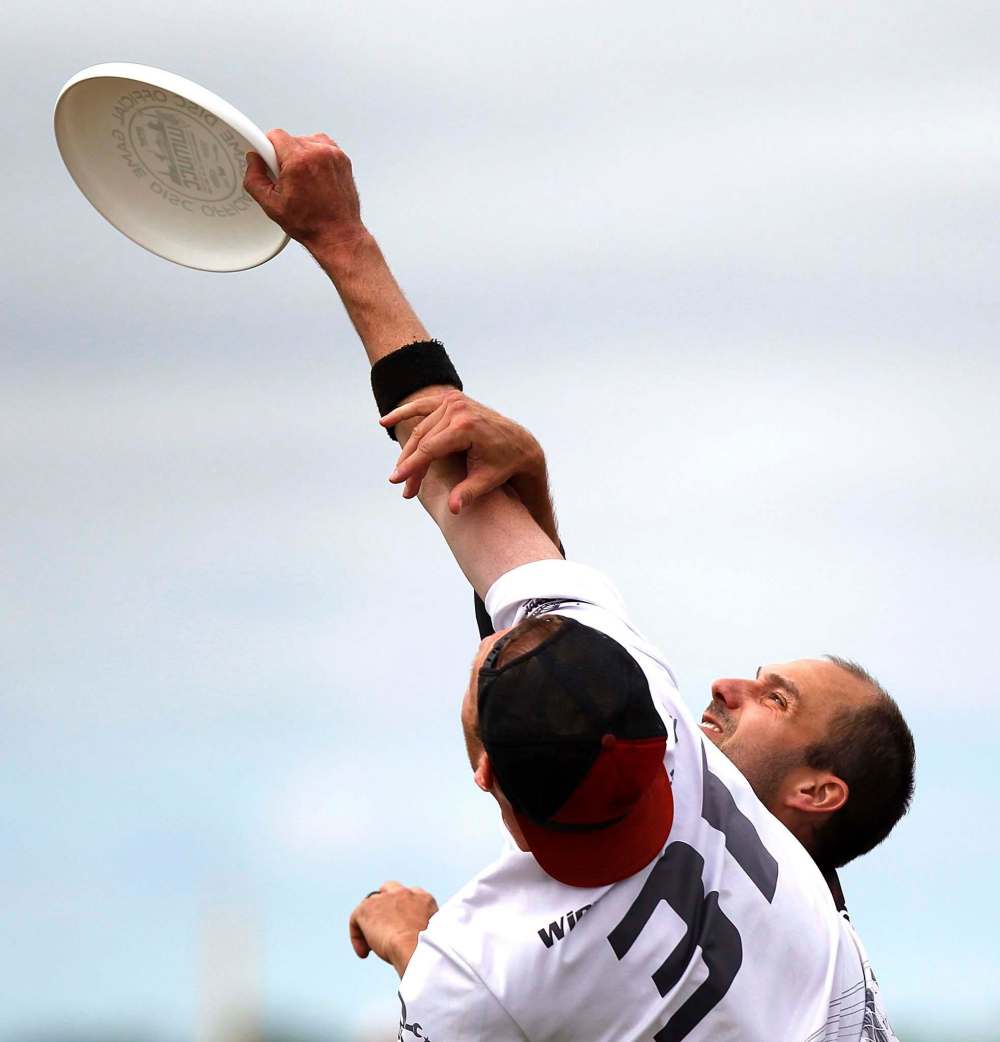
Here’s the other thing about ultimate — there are no referees. At this week’s world masters and all world events since 2014, yellow-clad game advisors watch over the action but have no official role.
“Ultimate is designed and conceived as a players-centred sport,” said Lindsay Pattison, a 45-year-old Montrealer who served as one of two game advisors in the match between the Torque and Quantum.
“Self-officiating is a foundational principle of the game. However, over the years as competitive levels get higher and matches become more hotly contested and team are bidding more aggressively for spots either on national teams or at worlds, players have actually asked for some role that gives structure, some assurances.”
“They’ve tried to find a balance between that ideal of player centred-ness and self officiating and the need to have a third-party check on things like behaviour, things like calls and things like rules…,” said Pattison.
“We’re here if players want to clarify a rule and they’re not sure how to proceed after a series of events on the field.”
“They’ve tried to find a balance between that ideal of player centred-ness and self officiating and the need to have a third-party check on things like behaviour, things like calls and things like rules.”–Lindsay Pattison
The action is fast and furious but there is a more civilized vibe to the whole enterprise. Breaking the rules and escaping detection is not celebrated as it might be in other sports.
“Because it’s self-reffed, you take cheating away from the game,” said Turgeon, who serves as the executive director of Ultimate Quebec.
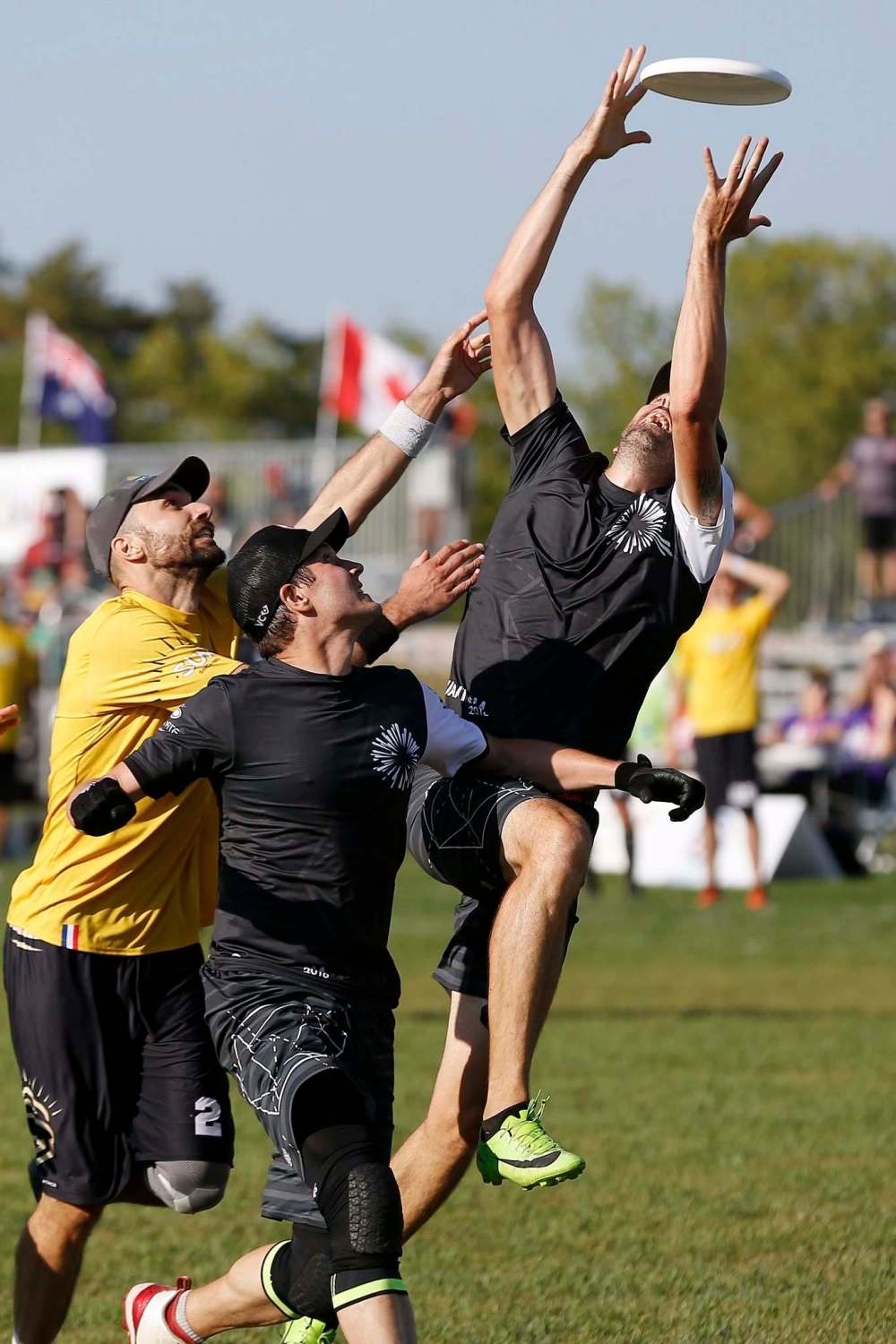
“If you compare to other sports — I remember (Chicago’s) Michael Jordan explaining how he pushed off (Utah’s Bryon Russell in Game 6 of the 1998 NBA Finals), shooting that last shot and explaining to the whole world how he cheated. He’s been able to integrate this cheating in the game. As for us, we’re not allowed to do this at all.”
For Bara, who played U Sports hoops at the University of Manitoba more than a decade ago, believes ultimate is antithetical to most other sports.
“You have is the idea that if the ref’s not looking and if I can get away with it — that’s OK,” said Bara, whose team advanced to Thursday’s quarter-finals with a 15-13 win over Best Before.
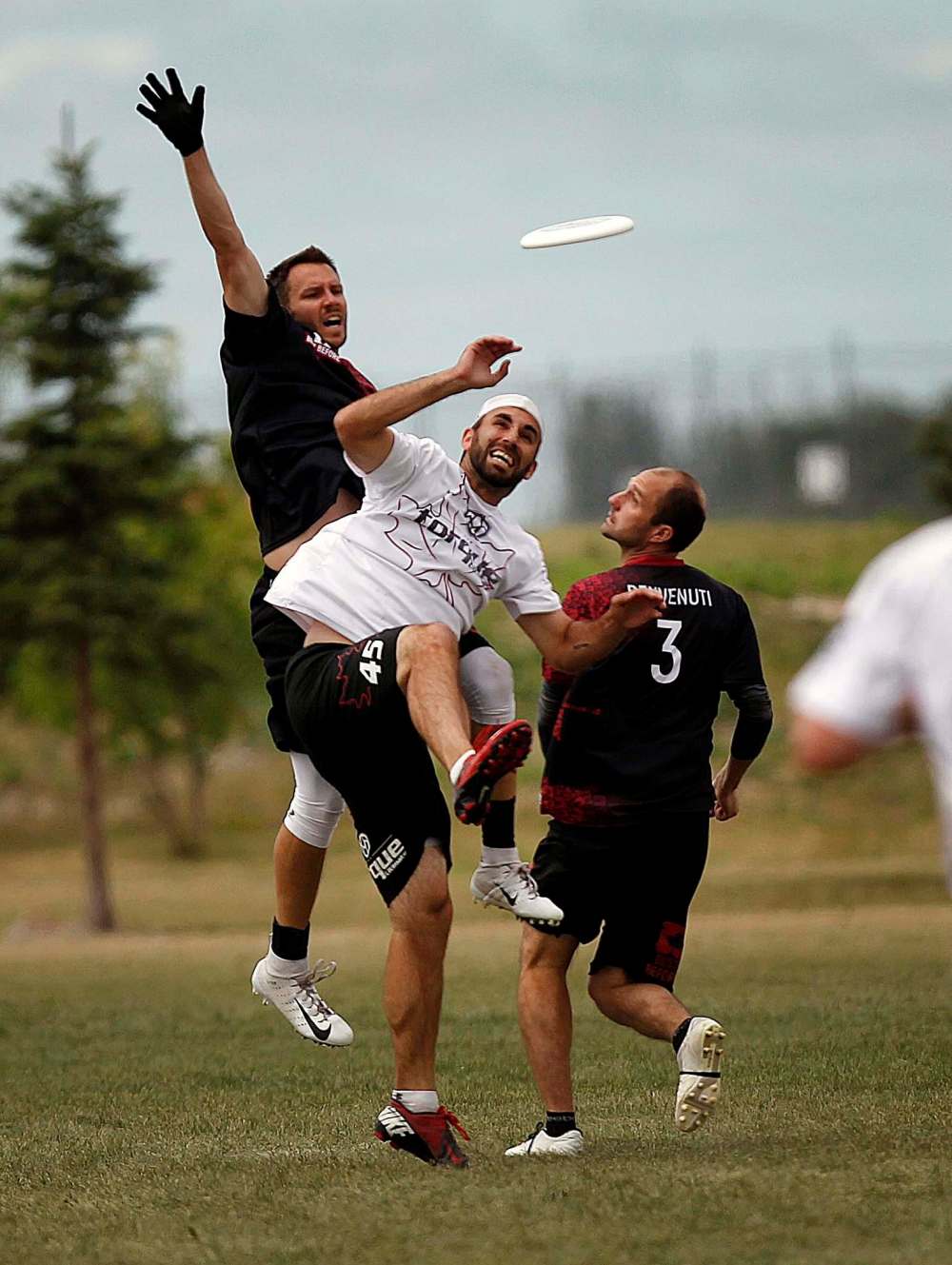
“I played basketball — away from the ball it’s tugging jerseys and if the ref didn’t call it, it’s fine. Here I think you’ll see teammates policing each other a lot more in relation to that kind of behaviour. It puts the onus on players to figure it out.”
Bara was drawn into the sport by the competition but he stays for other reasons.
“The on-field competitive element is part of it for sure but mostly, the game draws a certain type of personality to it,” added Bara. “From that, across the ultimate community, it’s usually the relationships. You usually form really strong bonds with your teammates.
“It’s self-funded, it’s very, very amateur. So if you’re doing it, it means something to you.”
Turgeon rejects any suggestion ultimate is behind the times.
“We’re not behind,” said Turgeon. “People say, ‘One day you’re gonna have refs.’ No, no. Someday, other sports won’t have refs.”
mike.sawatzky@freepress.mb.ca
Twitter: @sawa14

Mike Sawatzky
Reporter
Mike has been working on the Free Press sports desk since 2003.
Our newsroom depends on a growing audience of readers to power our journalism. If you are not a paid reader, please consider becoming a subscriber.
Our newsroom depends on its audience of readers to power our journalism. Thank you for your support.

